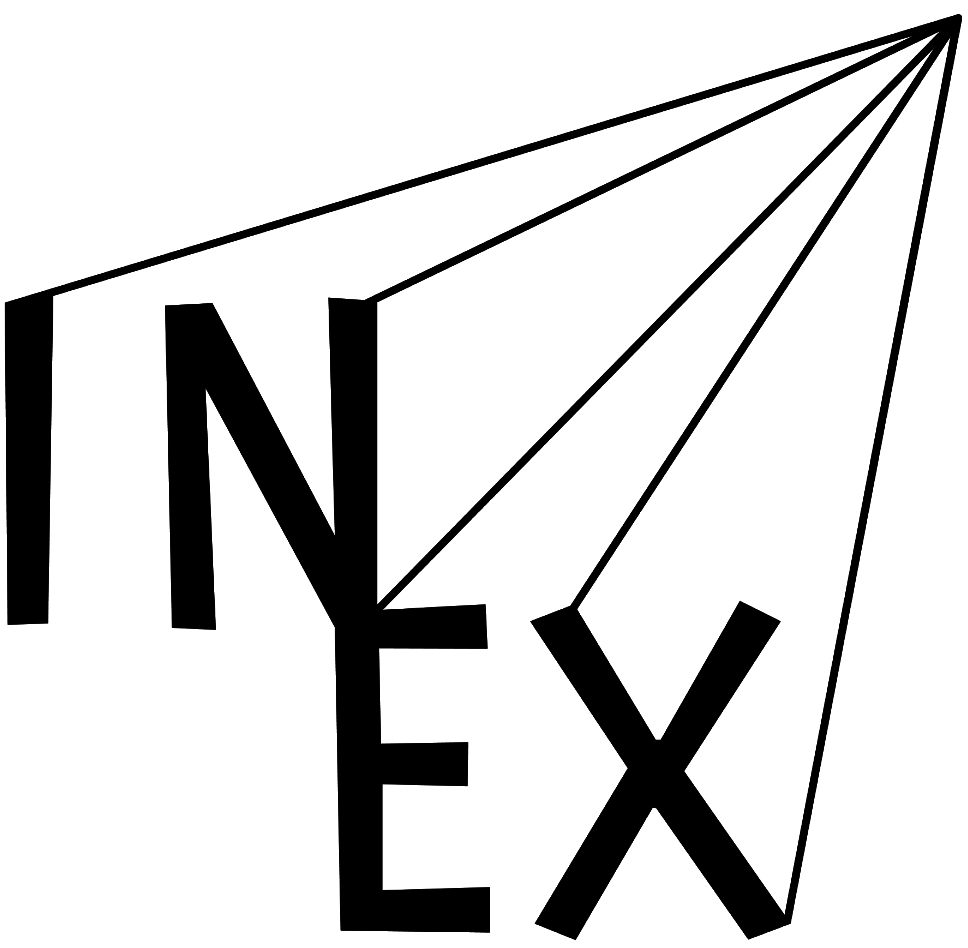The project
Due to wars and conflicts, economic and political marginalisation, discrimination on the basis of racial or ethnic origin, religion, beliefs, sexuality and gender, many are forced to leave their homeland every day. Amongst forcibly displaced people (89.3 million people in 2021 according to the UNHCR), some are artists who fled wars, oppressive regimes and unbearable living and working conditions, currently in exile and settled in one of the European Union member states.
While they come across similar stereotypes to those encountered by any person living in exile, artists in exile are confronted with specific barriers to their professional integration in the European cultural and creative sectors : lack of knowledge of professional practices and customs in the cultural sector of their host country, lack of geographical mobility, language barriers and post-traumatic stress related to forced migration.
In recent years, the integration paths of exiles have been considerably jeopardised by a reinforcement of hard-line immigration policies, infringements of fundamental rights at borders and a deterioration of reception conditions. The shutdown of economic and cultural sectors during the pandemic of COVID-19 have lastingly impacted artistic career paths and pointed out imbalances in social security protection for artists across Europe. Artists in exile stand at the crossroads of these challenges, and their inclusion highlights the challenge of welcoming and representing diversity in our European societies.

Selected through an open call, a group of 12 artists living in the four participating countries will take part in a one-year European programme starting in May 2023.
The program includes :
– activities focused on artistic creation and practice: an intensive masterclass session in Théâtre National of Chaillot, a video creation workshop, a cross-country residency program for individual creative projects in the field of performance and pitching sessions for these projects;
– activities responding to a need for information, contextualisation and professional support: a mentorship program with established professional artists in the field of performance art who may have a personal experience of migration or exile, two webinar programs online.
Throughout the program, In Ex(ile) Lab partners will adapt in real time their tools and methodologies of artistic support to the needs of exiled artists. They will often meet and discuss with cultural and social organisations on topics related to the inclusion of artists in exile. Networking, advocacy and capacity-building activities for cultural organisations include information sessions in major professional networking events and online professional meet-ups.
A toolkit will be published at the end of the project, encouraging cultural organisations to appropriate the tools developed during the lab. A catalogue of the works produced by the twelve participating artists will also be available for download on this website.
